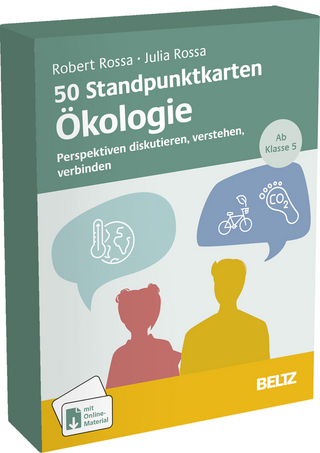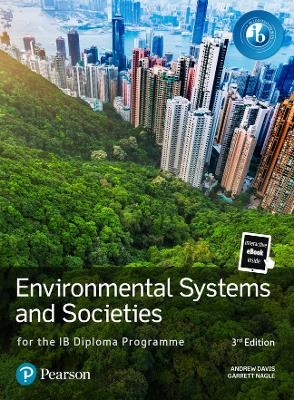Climate change has emerged as one of the most severe global threats in recent years, necessitating urgent interventions. The Paris Agreement on climate change and the United Nations through the Sustainable Development Goals (SDGs) have established ingenious targets for mitigating greenhouse gas emissions, thus charting a path to a more ecologically friendly energy system. Energy accessibility is often restricted in developing economies, where conventional energy sources like coal, oil, and natural gas are still primarily utilized. However, the inimical effects of traditional energy sources such as fossil fuels on the environment and health and the quest for measures to counteract climate change have sparked a growing interest in renewable energy in these countries. Renewable energy can provide several benefits to developing countries, including job creation, improved energy access and security, and reduced reliance on imported fossil fuels. The potential for developing countries to contribute significantly to the energy transition drive is obvious. Nonetheless, they encounter numerous peculiar constraints, including restricted access to financing, infrastructure deficit, and a lack of technical competence that challenge the transition process. Also, the need for proper oversight and accountability in the energy sector in most developing countries impedes the ability of governments to adopt effective policies to enhance the efficacy of the sector. Fundamentally, the energy transition in developing markets is a challenging and heterogeneous process that necessitates a multidimensional approach encompassing regulatory policies, institutional frameworks, and technological integration for a sustainable energy system. Governance Quality, Fiscal Policy, and the Path to a Low-Carbon Future: Perspectives From Developing Economies provides a comprehensive overview of the role of governance quality and fiscal policy in shaping the path toward more sustainable, renewable energy sources. A successful energy transition requires considerable investments in renewable energy and low-carbon technologies. Recognizing the interplay between governance quality, fiscal policy, and the energy sector is crucial to driving these investments. This book examines the role of institutional quality in the transition to a low-carbon economy from the perspective of developing economies, and assesses how the various fiscal policy tools, such as carbon taxes, subsidies for renewable energy, and green bonds, promote the energy transition. The book significantly contributes to the literature on energy transition and sustainable development in developing economies. While there is a burgeoning literature on energy transition, the majority of it is centered on developed economies. This book fills a significant research gap in the literature by offering an in-depth examination of the challenges and opportunities confronting developing economies in transitioning to cleaner forms of energy and how good governance and sound fiscal policies can facilitate this transition. It also offers insights and practical recommendations for policymakers and practitioners in developing economies. This book is intended for a broad audience, including policymakers, academics, and practitioners working in energy, climate change, and development. It will be of interest to students and researchers studying these topics. The book may be used to understand institutions and the energy transition in developing economies. It may also serve as a teaching resource in courses on environmental economics.
Ibrahim Nandom Yakubu holds a Ph.D. in Banking and Finance. He is a highly motivated and accomplished researcher with expertise in inclusive finance, financial markets, corporate governance, and sustainability. As an Adjunct Lecturer at the University for Development Studies, Ghana, he brings extensive knowledge and experience to his role, mentoring students and conducting independent research in the field of finance. Ibrahim Nandom's dedication and expertise have garnered recognition within the academic community. As a Commonwealth Scholar, he exemplifies his commitment to excellence in research and scholarship. Actively engaged in his field, he is a member of the African Accounting and Finance Association (AAFA) and holds the role of associate editor for the prestigious Review of Business Management (RBGN) Journal. His exceptional research contributions have been acknowledged with the esteemed Emerald Literati Awards for Research Excellence (Outstanding Paper category) in 2022. With a strong quantitative background, Ibrahim has published several book chapters and research articles addressing critical issues in finance and sustainability.
| Erscheint lt. Verlag |
18.8.2023
|
| Reihe/Serie |
Advances in Public Policy and Administration
|
| Verlagsort |
Hershey |
| Sprache |
englisch |
| Maße |
216 x 279 mm |
| Themenwelt
|
Naturwissenschaften ► Biologie ► Ökologie / Naturschutz |
| ISBN-10 |
1-6684-9276-8 / 1668492768 |
| ISBN-13 |
978-1-6684-9276-5 / 9781668492765 |
| Zustand |
Neuware |



